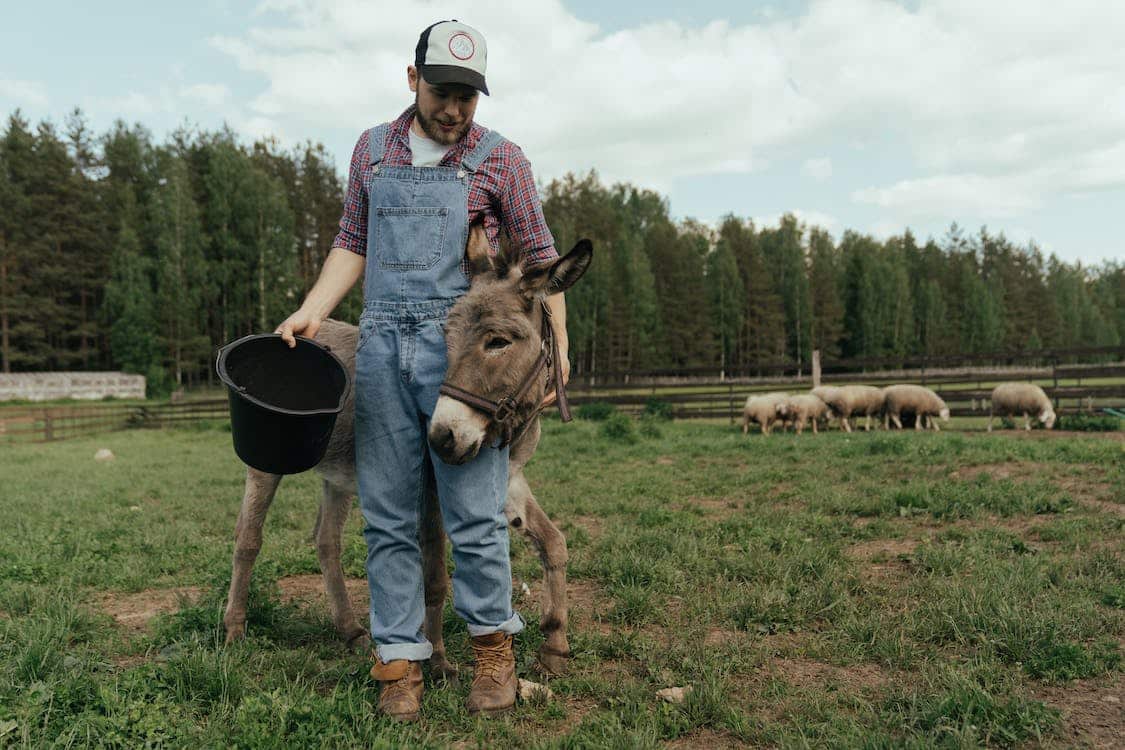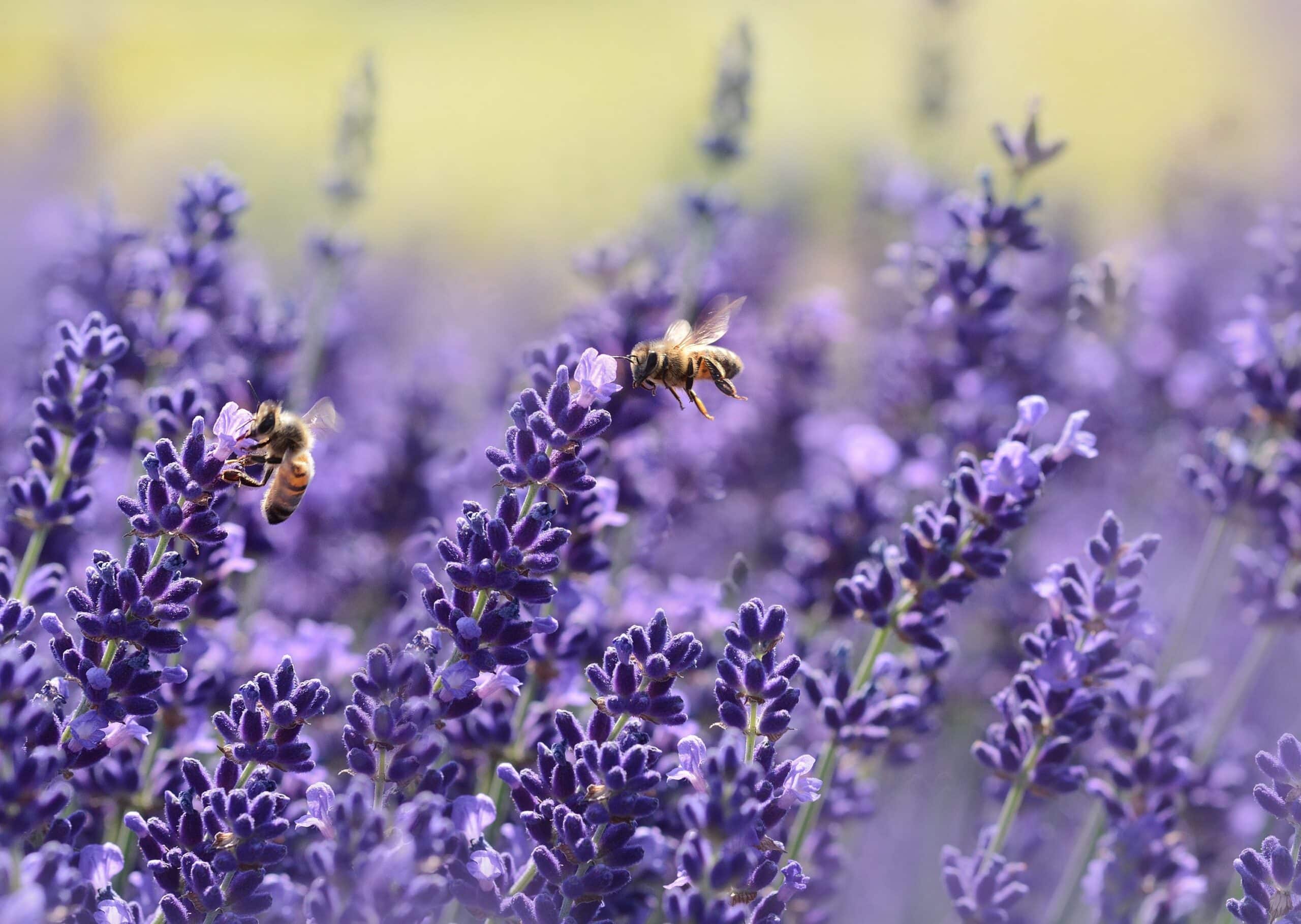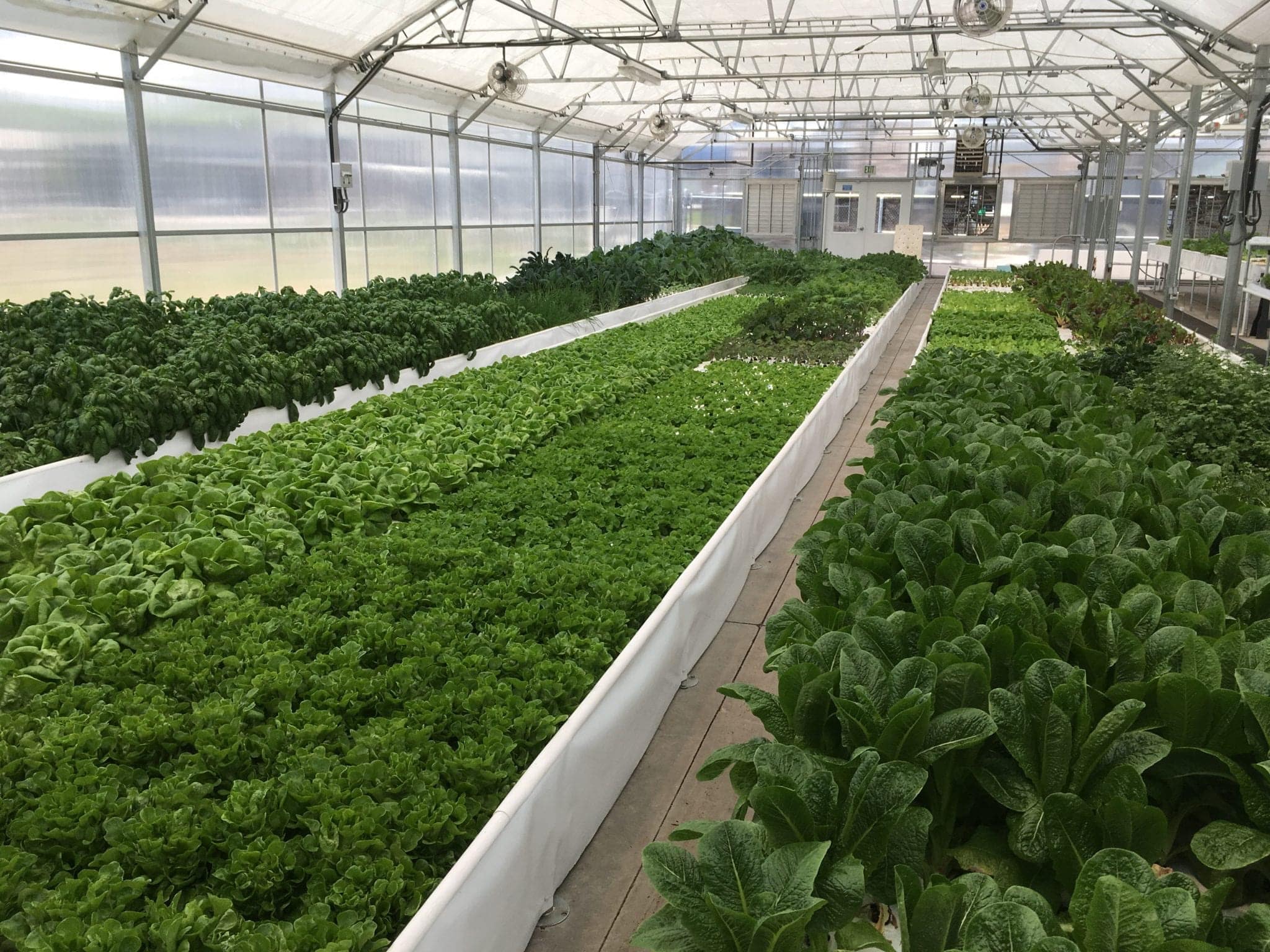In today’s world, becoming self-sufficient is more important than ever. With the ongoing pandemic, economic uncertainty, and natural disasters happening around the world, it’s crucial for individuals and families to have the skills and resources necessary to take care of themselves. In this blog post, we’ll discuss why it’s important to become self-sufficient and provide tips and resources for achieving self-sufficiency.
What is Self-Sufficiency?
Self-sufficiency is the ability to take care of oneself without relying on outside assistance. This can include everything from growing your own food, producing your own energy, and taking care of your own health. Self-sufficient individuals have the knowledge and resources necessary to sustain themselves without depending on others.
Why is Self-Sufficiency Important?
There are many reasons why self-sufficiency is important, especially in today’s world. Some of the key reasons include:
- Economic Uncertainty: With the economy constantly changing and many jobs being automated, it’s important for individuals to have the skills and resources necessary to be self-sufficient. By learning how to grow their own food, produce their own energy, and take care of their own health, individuals can reduce their dependence on others and become more self-reliant.
- Natural Disasters: Natural disasters such as hurricanes, earthquakes, and wildfires can strike at any time, leaving individuals and families without access to basic necessities such as food, water, and shelter. By becoming self-sufficient, individuals can prepare themselves for these types of emergencies and be better able to take care of themselves and their families.
- Pandemic: The ongoing COVID-19 pandemic has highlighted the importance of self-sufficiency. With supply chain disruptions and shortages of essential goods, many individuals have struggled to access the resources they need. By becoming self-sufficient, individuals can reduce their reliance on outside sources and be better prepared for future pandemics or emergencies.
How to Become Self-Sufficient
Becoming self-sufficient can seem overwhelming, but it’s important to remember that it’s a journey, not a destination. Here are some tips and resources for achieving self-sufficiency:
- Start with the Basics: The first step towards self-sufficiency is to focus on the basics. This includes things like learning how to grow your own food, purifying water, and basic first aid skills. These skills are relatively easy to learn and can have a big impact on your ability to take care of yourself and your family.
- Learn New Skills: Once you’ve mastered the basics, it’s time to start learning new skills. This can include things like woodworking, sewing, and basic home repairs. Learning these skills can save you money and reduce your dependence on others.
- Build a Community: Building a community of like-minded individuals is an important part of self-sufficiency. This can include joining a local gardening group, attending workshops, or connecting with other individuals online. By building a community, you can share resources, knowledge, and support each other on your journey towards self-sufficiency.
- Create a Plan: Creating a self-sufficiency plan can help you stay focused and motivated. This plan should include your goals, a timeline, and a list of the skills and resources you need to achieve those goals. By having a plan in place, you can break down your journey towards self-sufficiency into manageable steps.
- Use Resources: There are many resources available to help you on your journey towards self-sufficiency. This can include books, online courses, and YouTube videos. Look for resources that are accessible and focus on topics that are relevant to your goals.
Here are some examples of self-sufficient practices that you can incorporate into your daily life:
- Gardening: Growing your own food is a great way to become more self-sufficient. You don’t need a lot of space to start a garden – even a small balcony or patio can work. Start by growing herbs or vegetables that are easy to grow, such as tomatoes, lettuce, or herbs like basil and parsley. You can also learn about composting to create your own fertilizer and reduce waste.
- Water Conservation: Conserving water is an important part of self-sufficiency. You can reduce your water usage by taking shorter showers, fixing leaky faucets, and collecting rainwater to use for watering plants.
- Energy Production: Producing your own energy is another way to become more self-sufficient. Solar panels, wind turbines, and hydroelectric generators are all options for producing your own energy. You can also reduce your energy usage by using energy-efficient appliances and LED light bulbs.
- Food Preservation: Learning how to preserve food can help you reduce waste and save money. Methods such as canning, dehydrating, and freezing can all be used to preserve food for later use.
- Home Repairs: Knowing how to perform basic home repairs can save you money and reduce your dependence on outside help. Simple tasks such as fixing a leaky faucet or replacing a light switch can be done with a few basic tools and some online tutorials.
- Basic First Aid: Knowing basic first aid skills can be life-saving in an emergency situation. You can take a first aid course at your local Red Cross or watch online tutorials to learn how to perform basic first aid techniques.
Resources for Learning Self-Sufficient Skills
There are many resources available to help you learn self-sufficient skills. Here are a few examples:
- Books: There are many books available on topics such as gardening, food preservation, and basic home repairs. Look for books that are written in simple language and focus on practical skills. One of the best one’s I’ve come across is this one: The Self-Sufficient Backyard: For The Independent Homesteader
- Online Courses: There are many online courses available on platforms like Udemy, Coursera, and Skillshare. Look for courses that are designed for beginners and focus on practical skills.
- YouTube Videos: YouTube is a great resource for learning self-sufficient skills. Look for channels that focus on topics such as gardening, food preservation, and basic home repairs.
- Local Workshops: Many communities offer workshops on topics such as gardening and basic home repairs. Check with your local library, community center, or adult education center to see what workshops are available in your area.
In conclusion, becoming self-sufficient is more important than ever. With economic uncertainty, natural disasters, and the ongoing pandemic, it’s crucial for individuals and families to have the skills and resources necessary to take care of themselves. By focusing on the basics, learning new skills, building a community, creating a plan, and using resources, you can take steps towards becoming more self-sufficient. Remember, it’s a journey, not a destination, so start small and build on your skills over time.
If you’re really serious about becoming self sufficient as fast as possible, and want the perfect place to start, with an off-line, in your hands resource that will last your family a lifetime then check out the Self Sufficient Backyard book by clicking HERE.




